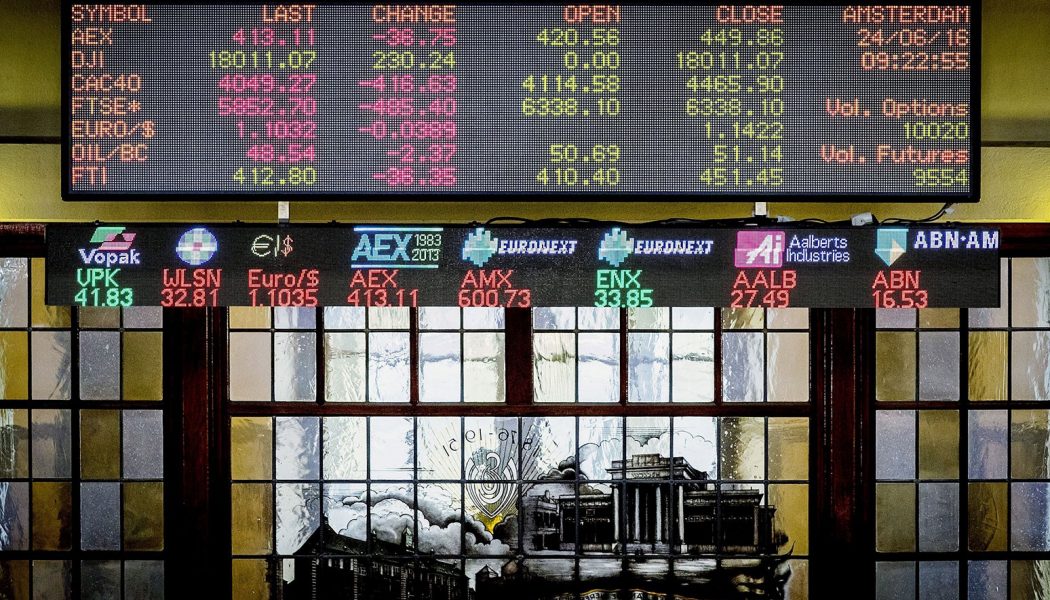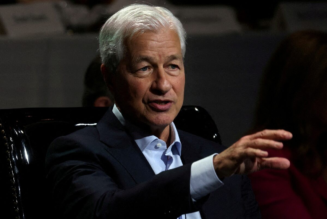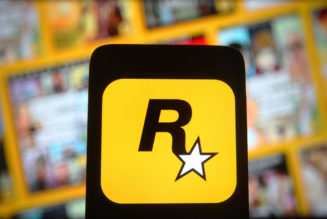
Vivendi could earn about 9 billion euros ($10.9 billion) from the IPO, if it maintains majority ownership by unloading just just under 30% of UMG at the same 30 billion euros ($36.3 billion) valuation used last year when it sold a 20% stake to a consortium led by Chinese tech giant Tencent Corp.
At that head-turning 36-times EBTIDA valuation, a multiple often seen in fast-growing tech companies, Tencent “made people take a step back and look at the valuations of music companies,” says Michael Poster, the head of Michelman & Robinson’s corporate and securities department. That’s not an unreasonable valuation: a rapidly-growing streaming market, believed by Goldman Sachs to reach 1.15 billion subscribers and $45 billion in global revenue by 2030, has shocked record labels back to life after piracy.
Other IPOs in the entertainment space, combined with low interest rates that cause investors to seek returns outside of the debt markets, means 2021 provides Vivendi with “a true window of opportunity” to maximize its payout before the IPO market cools, says Schuster.
Music is a hot commodity again, having attracted large, institutional investors that had lost interest since piracy decimated industry revenues. Warner’s successful IPO valued the company at a healthy $12.5 billion, despite not being the kind of smaller, high-growth company that IPO investors typically find attractive. Then in late 2020, Big Hit Entertainment, the South Korean music company — both record label and management company — that built boy band BTS, raised $840 million at a $7.5 billion valuation on The Korean Exchange.
Investors aren’t running for safety while global economies are weakened by COVID-19. IPOs did pause in March of 2020 when the pandemic slammed stock prices around the world. But the delay was short: after announcing its IPO ambitions in February 2020, Warner only waited until May 25 to debut on the New York Stock Exchange. Many high-profile IPOs followed, such as food delivery app DoorDash, software company Snowflake and Bumble, which rose almost 77% when trading commenced on Feb. 11 — all on U.S. exchanges.
Although based in the United States, Universal will list on the Amsterdam Euronext exchange. The move isn’t surprising, says Schuster, given that its parent company, Paris-based Vivendi, will continue to hold a substantial portion of Universal after the listing.
Brexit comes into play, too: a post-Brexit rule that European companies must list on a European Union exchange will help push Euronext daily trading volume past the London Stock Exchange, according to the Financial Times. And while Amsterdam might lack the prestige of U.S. exchanges, it is attracting in-demand IPOs such as InPost, the largest European IPO since 2018, that raised €2.8 billion at a €8 billion valuation for the Polish parcel locker provider.










